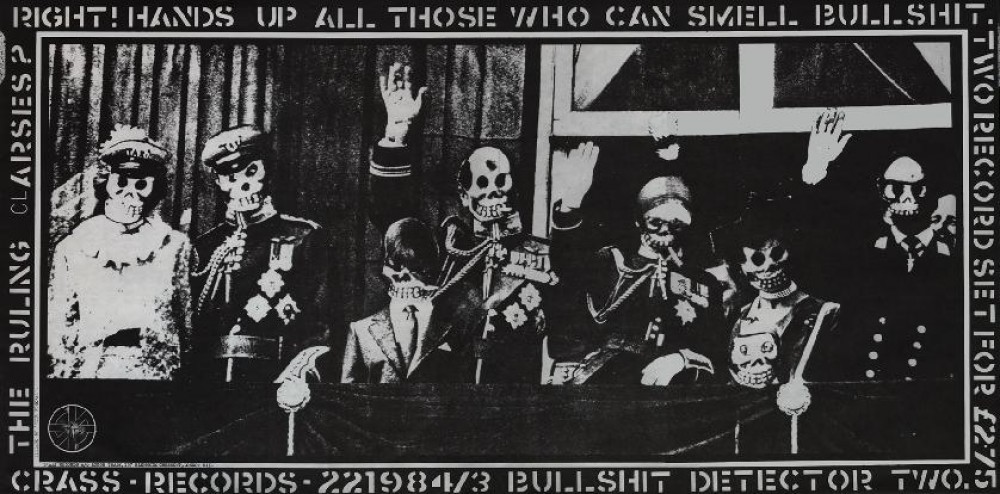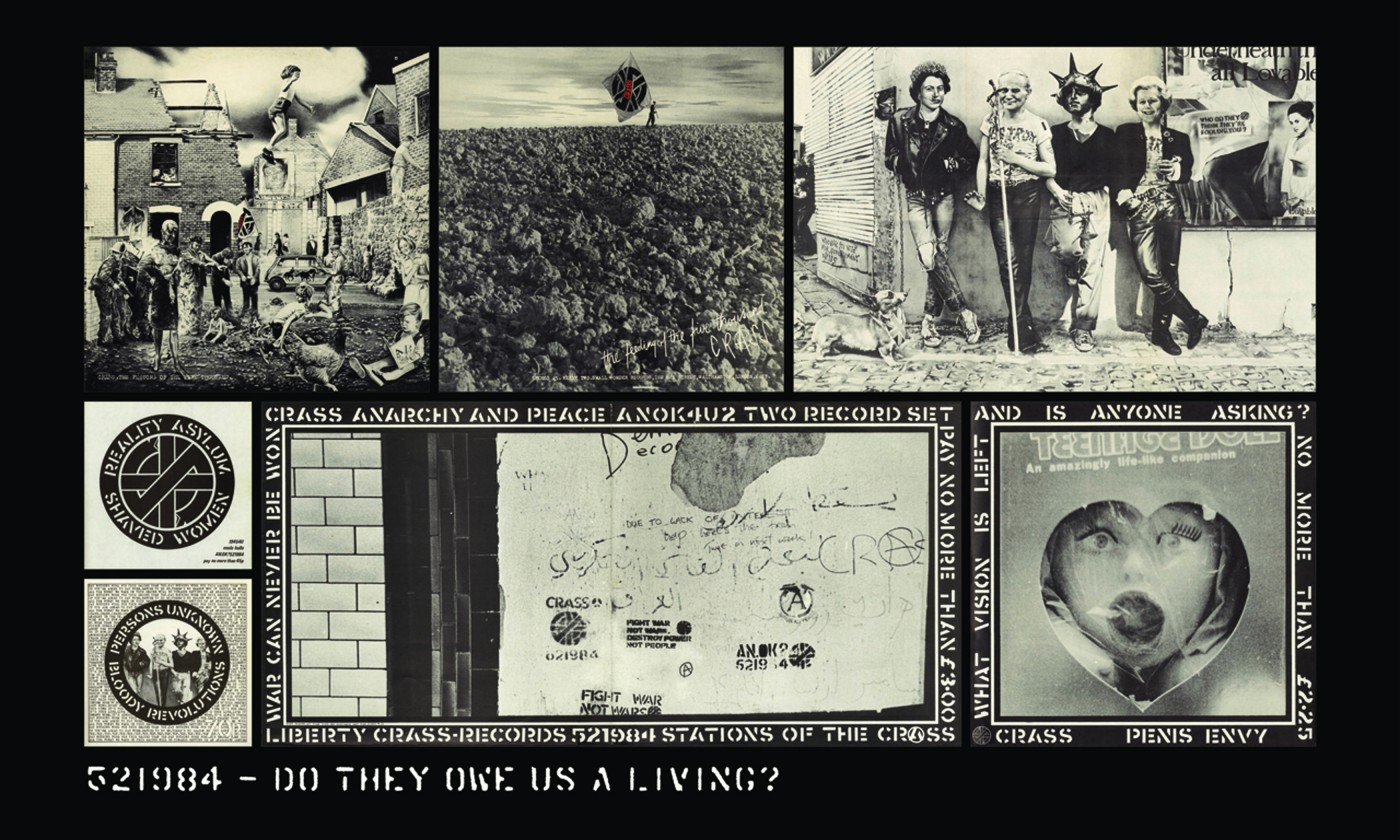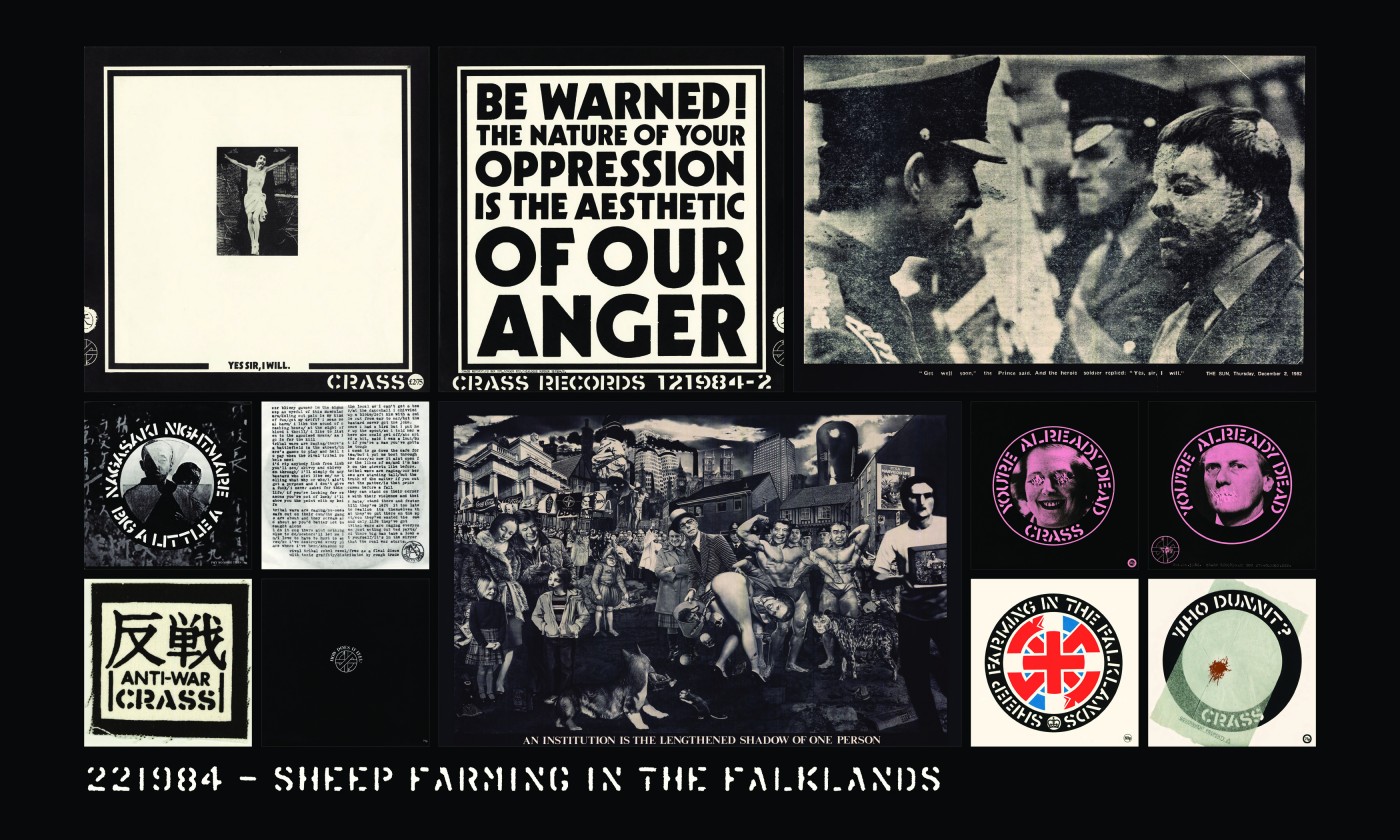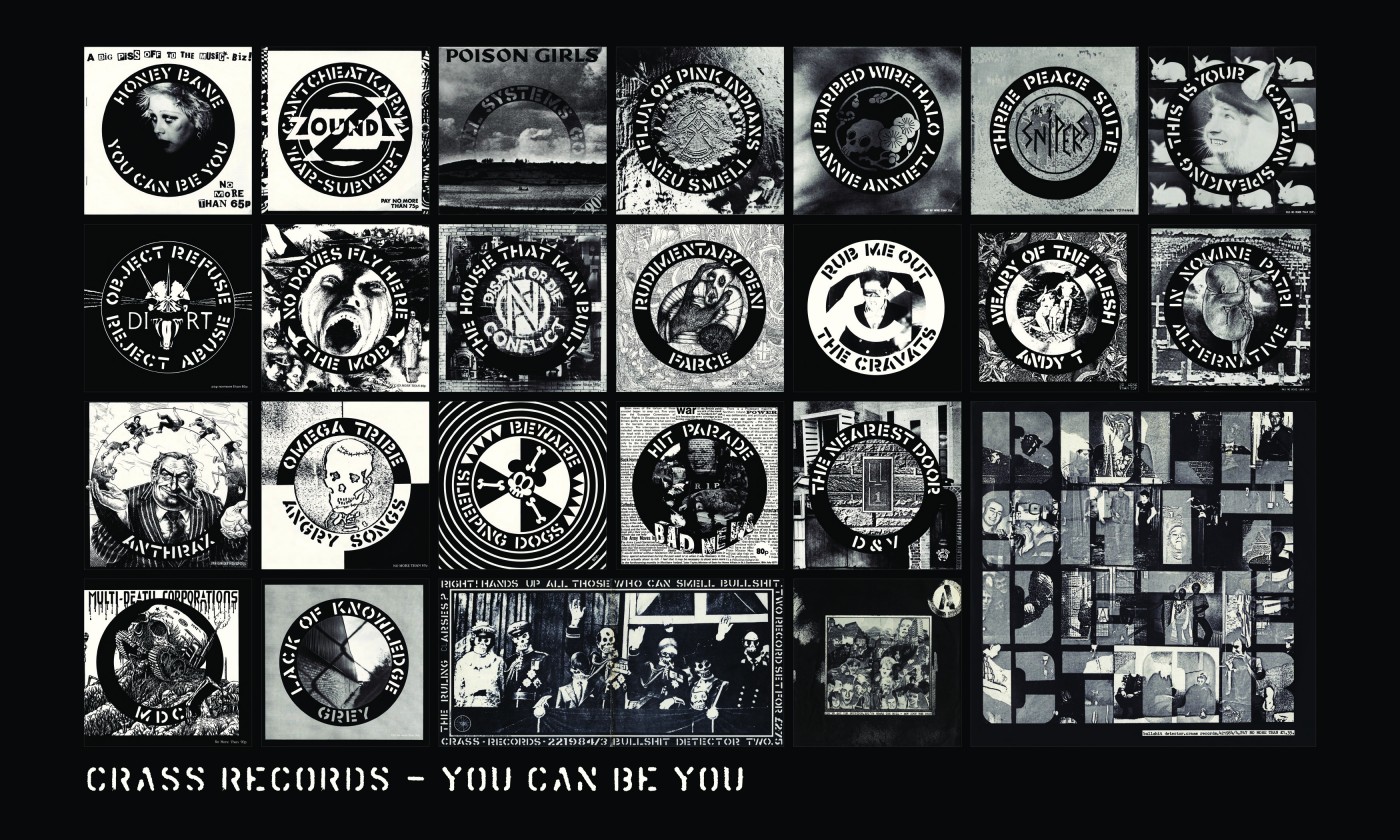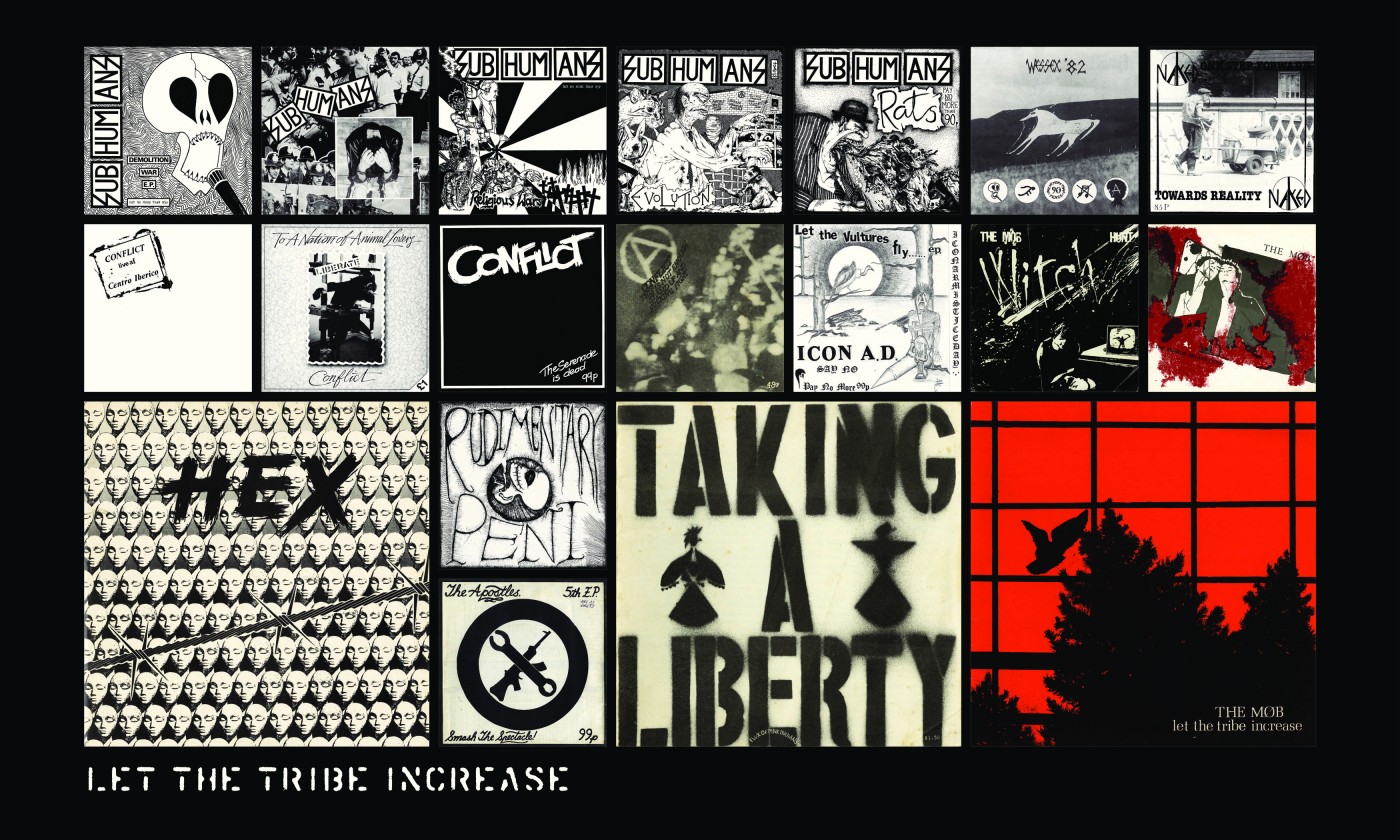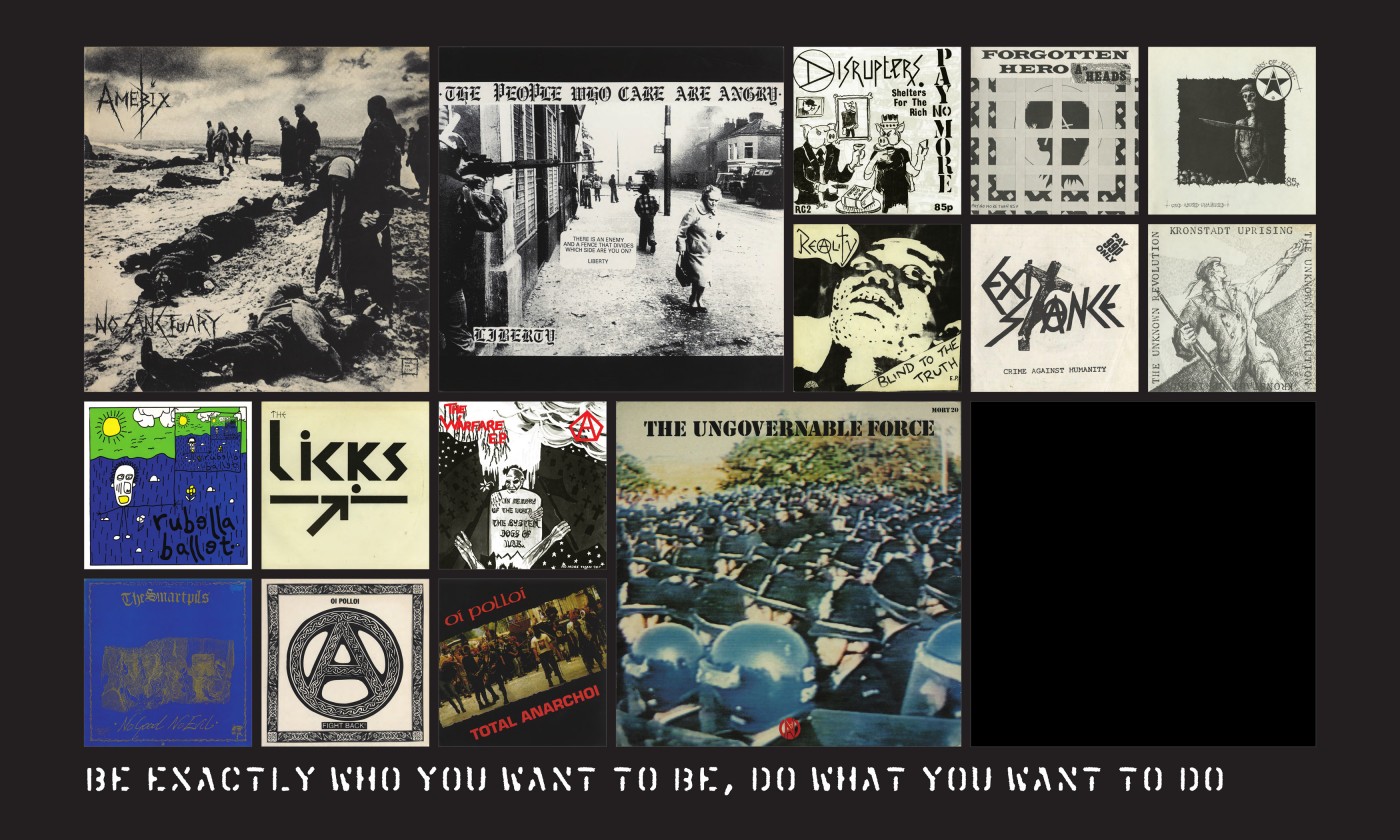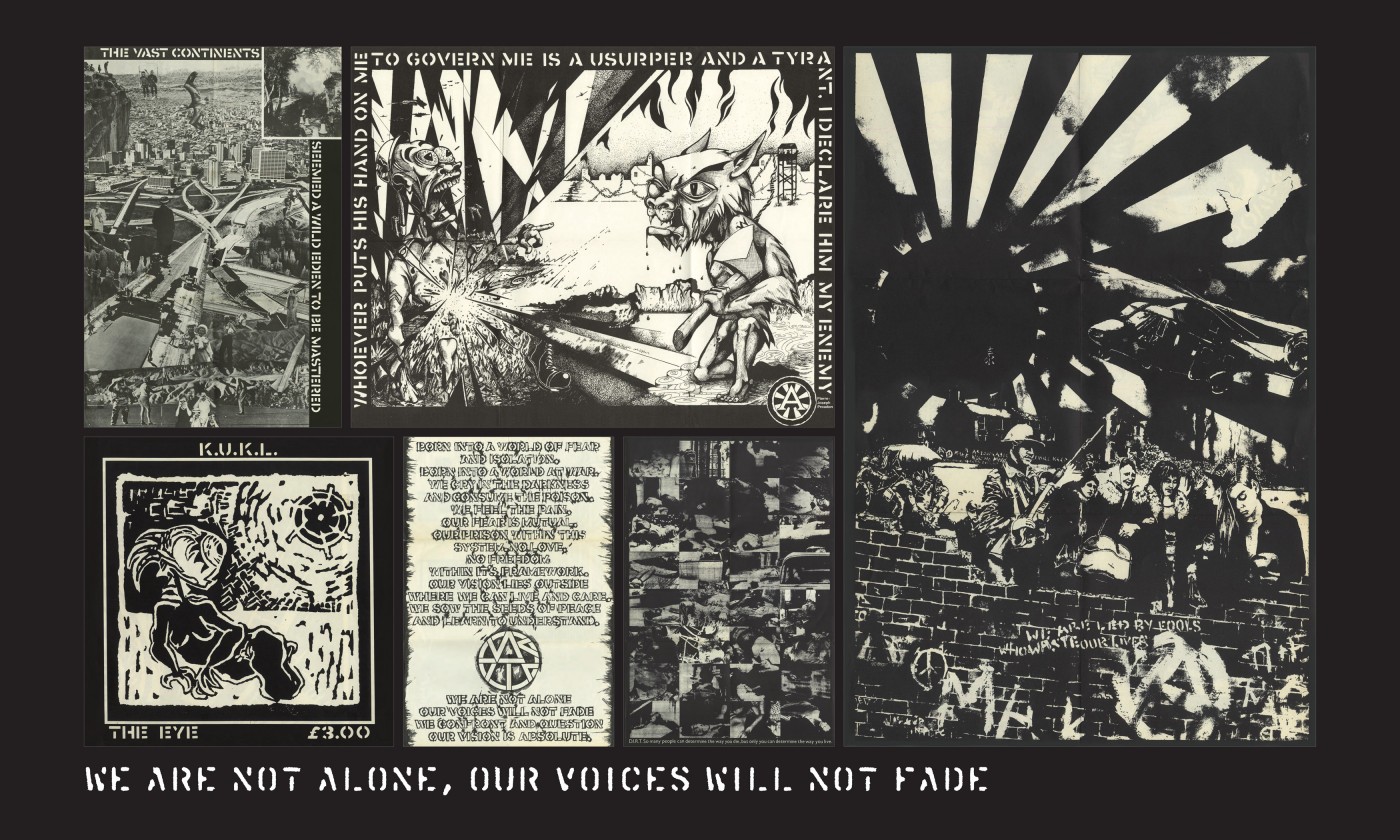As well as being a member of BCMCR/Interactive Cultures I am also a member of the Punk Scholars Network, which is, as it’s name suggests, an international network of scholars academic and non academic that research and write about punk rock in all its different manifestations. The PSN has organised its first Annual Punk Scholars Network Post Graduate Symposium for the end of this month and is being hosted at The University of Leicester and I am going to be presenting some of my Phd research into anarcho-punk. Specifically it will be reflecting on my methodological approaches. Here is my abstract for my presentation;
“Where There’s a Will There’s a Way”: Methodology, investigating memory and the life-courses of 1980’s British anarcho-punks.
Matt Grimes
Birmingham City University
Taking its title from 1980’s British anarcho-punk band Discharge, this paper investigates some of the issues faced by researchers conducting qualitative research interviews focussed on memory and the politics of everyday life. I will draw on my on-going doctoral research into a group of participants of the 1980’s British anarcho-punk scene and what significance that their engagement with British anarcho-punk has had on their lives. My doctoral research aims to build upon work about fan identities and practices within life-course transitions and the negotiation of fandom and identity amongst older fans produced by Hodkinson 2013, Harrington et al 2011, Bennett and Taylor 2012, and especially Bennett 2006, Davis 2006 and 2012, which examined the wider punk rock scenes.
Drawing on the work of Harrington & Bielby (2010) and Vitale (2013) I aim to contextualise my study and discuss the application of the life-course framework to my research. Additionally the presentation will raise some of the issues involved in memory studies as highlighted by Wang & Brockmeier (2002), Van Dijck (2006) and Labelle (2006). Drawing on the work of Rubin & Rubin (1995), Wengraf (2001) and Kvale & Brinkman (2009) I discuss the processes of and issues involved in conducting qualitative in-depth research interviews, the ethical considerations involved in this approach and managing interview data.
What is equally exciting about presenting at this conference is that Sophie Sparham, a recent graduate from the Birmingham School of Media, where I teach, will also be presenting for the first time at an academic conference. Here is her abstract;
How Close Is Too Close? The role of the punk rock ethnographer and their relationship with their research subjects.
Sophie Sparham
Birmingham City University
Drawing on my personal experiences of touring with anarcho-punk band Addictive Philosophy in 2013, this presentation firstly discusses the significance of gaining and presenting subcultural capital as a way of gaining a more in-depth insight of a specific music scene, and therefore seeks to uncover the sometimes blurred distinction between researcher and research participant. In doing so it raises issues around the ethical dilemma of involvement and participation for the ethnographer and their relationship with the research subjects in the documenting of reality.
Secondly I discuss the role of the radio documentary producer; from the interviewing and recording process to the editorial decisions that were subsequently made to enable the creation of the documentary. This also raises issues of the documentary producer’s desire to present reality whilst contending with regulatory broadcasting restrictions. I demonstrate how my initial intention of making a radio documentary of the tour soon expanded into a much larger documentation and critique of the current anarcho-punk scene in the UK and Ireland. The finished documentary was shortlisted for ‘The Charles Parker Radio Awards 2014’.
I have really enjoyed teaching Sophie and similarly I am enjoying working alongside her in developing her presentation. I am hoping it will be a really valuable experience for her and may encourage her to return to academia and engage in some post-graduate research and study .
